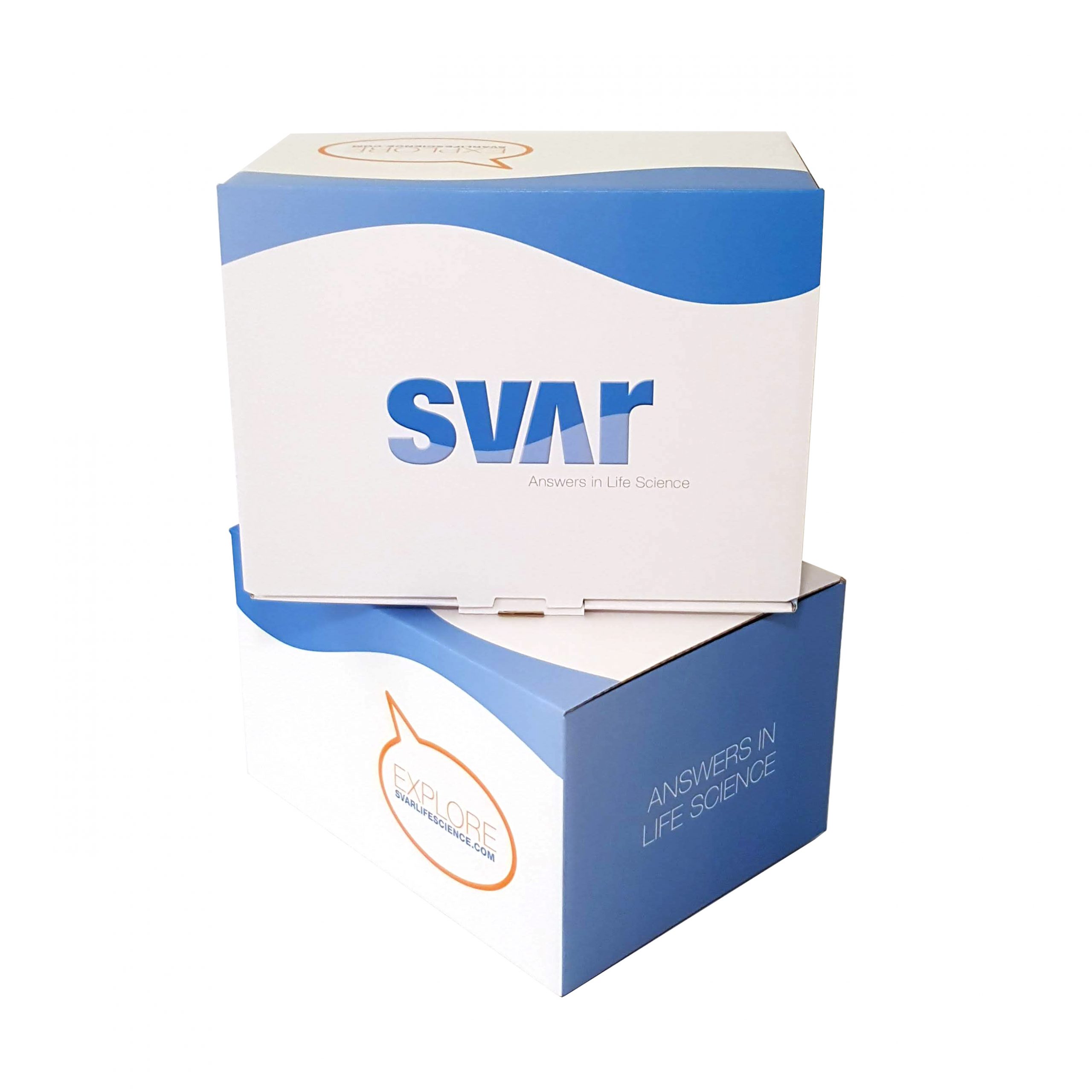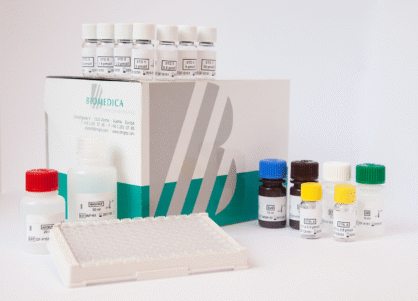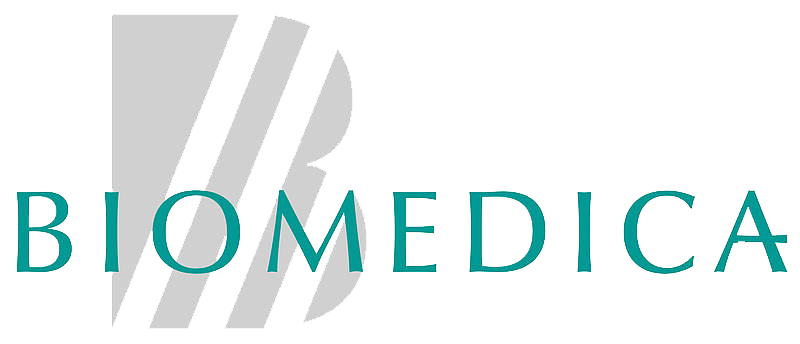Complement Factor P Functional Assay Kit
Complement Factor P, also known as Properdin, is a positive regulator of the alternative complement pathway. It stabilizes the C3 and C5 convertase complexes, enhancing complement activation and promoting pathogen clearance. Functional assessment of Factor P provides insight into the activity and regulation of the alternative complement pathway, rather than just measuring protein levels, allowing researchers and clinicians to detect functional deficiencies or dysregulation that may affect immune responses.
In research settings, Factor P functional assays are valuable for studying innate immune mechanisms and inflammatory processes. They are used to investigate how modulation of the alternative pathway contributes to disease pathology, such as in infections, autoimmune disorders, or complement-driven inflammatory conditions. By measuring Factor P function, researchers can evaluate the impact of experimental therapeutics or genetic modifications on complement activity, helping to elucidate mechanisms of immune regulation.
In clinical settings, assessing Factor P function can aid in diagnosing rare complement deficiencies, which may predispose individuals to recurrent infections, particularly with Neisseria species. It also helps identify complement dysregulation in diseases such as atypical hemolytic uremic syndrome (aHUS) or other complement-mediated disorders. Functional evaluation of Factor P, alongside other complement components, can guide therapeutic decisions and monitor responses to complement-targeted therapies.
This Complement Factor P Functional Assay Kit is manufactured in Sweden by Svar Life Sciences.



